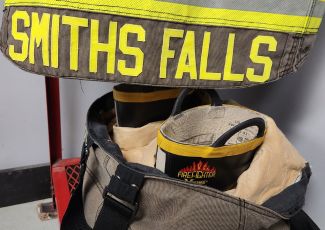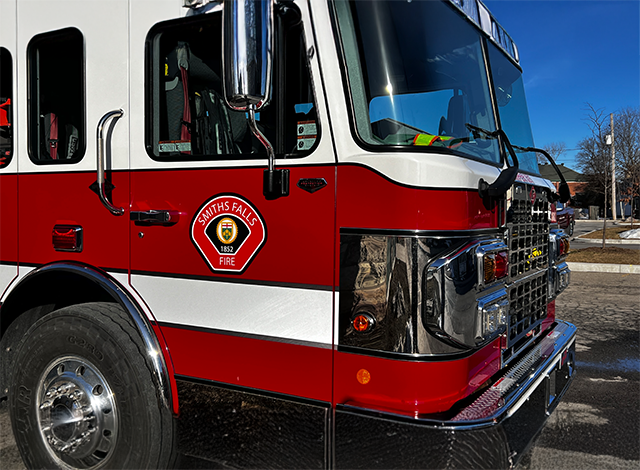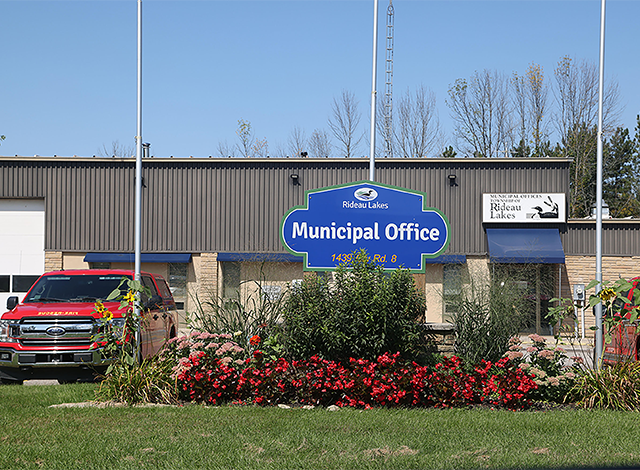LAURIE WEIR
Fire Chief Rick Chesebrough briefed Smiths Falls council on Monday, Nov. 25, about three key initiatives, including grant funding, bylaw enforcement challenges and firefighter health measures.
Provincial grant to fund Next Generation 9-1-1 transition
The department has received $201,500 in provincial funding to support its transition to the Next Generation 9-1-1 system. Chesebrough said the town is on track to implement the upgraded system by early 2025.
Testing is set to begin in December, in partnership with Owen Sound, which will provide advanced infrastructure, including new hardware and software. This modern IP-based system replaces aging analog technology and promises enhanced capabilities for first responders, such as real-time texting and multimedia sharing in the future.
Bylaw department faces big workload
The town’s Bylaw Department is dealing with a growing workload, Chesebrough said, with 35 active property standards cases and more arriving daily. The department’s two bylaw officers are handling processing, follow-ups and court proceedings, including two upcoming cases.
Property standards issues now dominate the department’s workload, Chesebrough added.

Solicitor general’s visit highlights firefighter cancer prevention
Solicitor General Michael Kerzner and Lanark–Frontenac–Kingston MPP John Jordan visited the Smiths Falls fire station recently to discuss challenges, including cancer prevention in the fire service, Chesebrough said.
During their stop, the officials toured the fire station, spoke with firefighters and discussed health risks faced by those in the profession.
Firefighters face cancer rates up to four times higher than the general population, and recent provincial policies have expanded presumptive coverage for work-related cancers such as colorectal and kidney cancers.
According to a provincial news release issued Nov. 22, new legislation, if passed, will reduce the required duration of service for primary-site kidney cancer from 20 to 10 years. The proposal would also remove the requirement that a primary-site colorectal cancer diagnosis must be made before the age of 61.
The changes aim to streamline claims for firefighters, including wildland firefighters and fire investigators, by presuming occupational diseases are work-related. This would make it faster and easier for them to access benefits through the Workplace Safety and Insurance Board (WSIB).
Chesebrough said they’ve also applied for other grants, including funding for emergency management preparedness.
“There’s a lot of grant money up for grabs,” he said, “and we’re hoping to certainly get our piece.”















